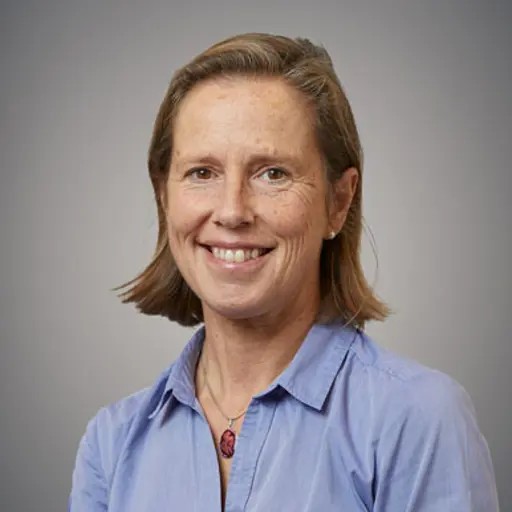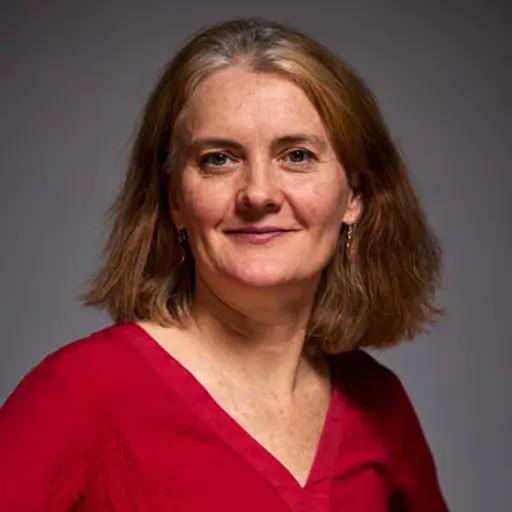



Human activities generate wastewater and other waste streams that must be managed to protect the environment and human health. Instead of end-of-pipe solutions, waste and wastewater management should be integrated into a circular economy where water, energy, nutrients, and materials are recirculated and reused. Our existing infrastructure for wastewater management should also be used as efficiently as possible and we should minimize pollution and climate impacts and maximize resource recovery wherever possible. In this research area, we focus primarily on environmental biotechnologies driven by microbial communities to meet these challenges.
Our research
Our research covers both fundamental studies on microbial community structure in technical systems and applied studies on how to operate, design, or choose appropriate technologies for wastewater treatment. Our main research questions include:
-
How can we leverage naturally occurring microbial communities for various societal needs in the built environment?
Microorganisms are everywhere around us. The goal is to understand the mechanisms governing microbial activities, so we harness positive effects such as the degradation of pollutants in domestic and industrial wastewater and minimize negative effects such as biocorrosion of infrastructure.
-
How do we accomplish resource-efficient wastewater treatment that protects the environment and human health from pollution?
The goals are to understand how existing systems can be improved; how new technologies with high treatment efficiency of target pollutants, low climate impacts, and low requirements of space, energy, and chemicals can be developed; and how to make sustainable choices between technological options.
-
How should we recover energy and resources from wastewater and other waste streams to close materials loops and contribute to the development of a circular economy?
The goal is to enable the recovery of water, energy, nutrients, and essential elements such as metals from waste streams.
We mainly work on municipal wastewater treatment and collaborate closely with the water sector in Sweden. We have a long-standing collaboration with Gryaab, which manages wastewater treatment in the Gothenburg region, and we are active in the VA Teknik Södra network, which includes several municipalities and companies active in the water sector in southwestern Sweden. We also study microbial communities and their activities in other environments including road tunnels and fish farms.
Keywords that describe our research activities include aerobic granular sludge, biofilms, biological nutrient removal and recovery, anammox, bioelectrochemical systems, pharmaceuticals removal, anaerobic digestion, fermentation, phages, microbial diversity, biodeterioration of concrete, recirculating aquaculture systems and aquaponics, organic matter characterization, bioreactors, metagenomics, and sustainability analysis.
Research Area Members
Research Area Leader
Core members

- Full Professor, Water Environment Technology, Architecture and Civil Engineering

- Associate Professor, Water Environment Technology, Architecture and Civil Engineering

- Adjunct Professor, Water Environment Technology, Architecture and Civil Engineering

- Research Specialist, Water Environment Technology, Architecture and Civil Engineering
Affiliated member

- Professor, Water Environment Technology, Architecture and Civil Engineering
Postdocs

- Postdoc, Water Environment Technology, Architecture and Civil Engineering

- Postdoc, Water Environment Technology, Architecture and Civil Engineering
PhD students

- Doctoral Student, Water Environment Technology, Architecture and Civil Engineering

- Doctoral Student, Water Environment Technology, Architecture and Civil Engineering

- Doctoral Student, Water Environment Technology, Architecture and Civil Engineering
Alumni
Marie Abadikhah, PhD student 2019-2024, https://research.chalmers.se/publication/540783
Zejia Zheng, Post-doc 2021-2023
Jennifer Ekholm, PhD student 2018-2023, https://research.chalmers.se/publication/535720
Cecilia Burzio, PhD student 2017-2022, https://research.chalmers.se/publication/532837
Sabina Karacic, PhD student 2016-2021, https://research.chalmers.se/publication/526100
Raquel Liebana, PhD student 2014-2019, https://research.chalmers.se/publication/509925
Soroush Saheb Alam, PhD student 2013-2018, https://research.chalmers.se/publication/503062
Enikö Szabo, PhD student 2011-2017, https://research.chalmers.se/publication/249274
Johan Fredriksson, PhD student 2007-2013, https://research.chalmers.se/publication/183191

Water & Environmental Engineering Laboratory
The Water Environmental Engineering (WEE) Lab is a research and education facility that provides infrastructure for experimental research focused on water, the environment, environmental biotechnology, energy materials and resources, and sustainability.
